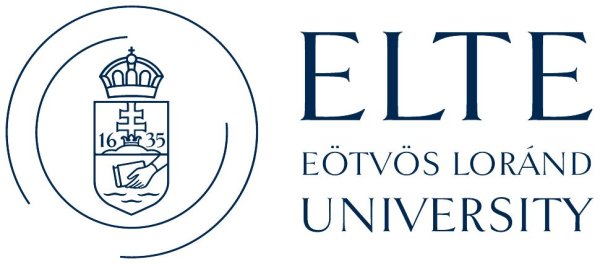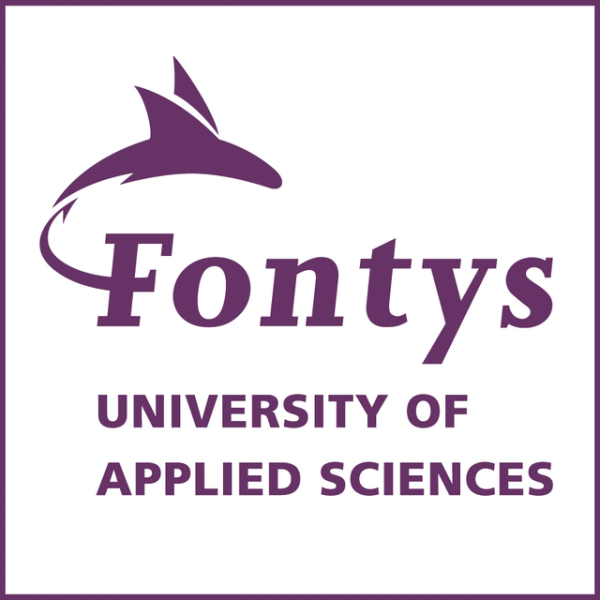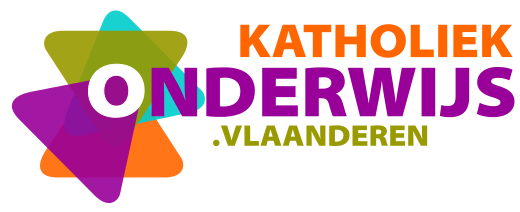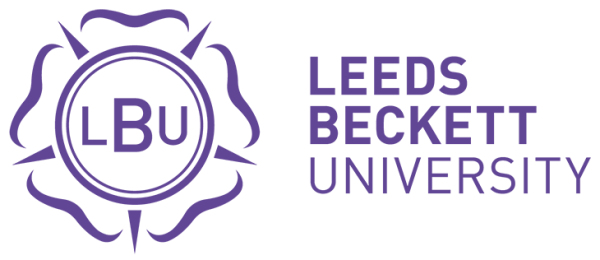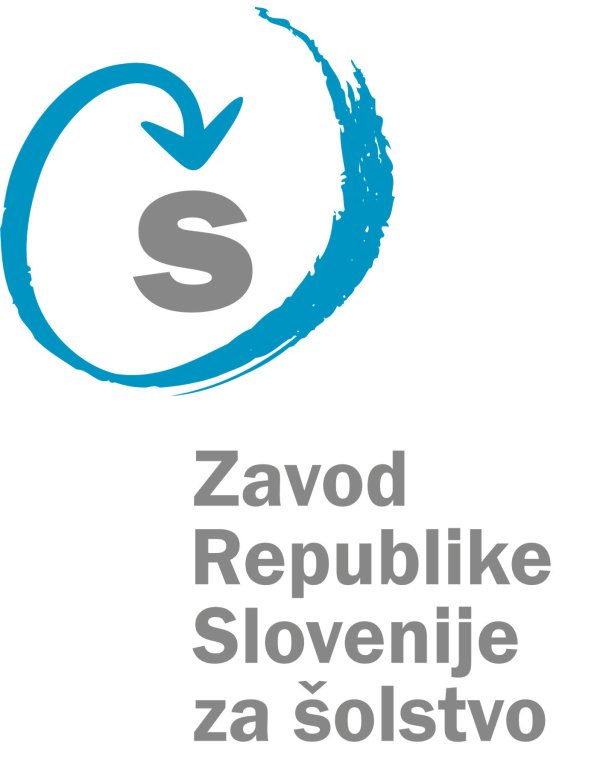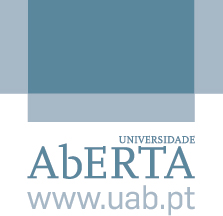Changes to assessment
I have 5 years experience teaching health and social care subjects to students in their late teens and early 20s in a Further Education college. Students come from the local area and are mostly female.
Dilemma/Difficulty
Before the pandemic there would be 9 weeks of learning and in week 10 we did traditional written assessments in the College. If any remediation or resit was required, you had the following week to do that.
Because we did not have any capability to undertake online closed book assessments without potentially jeopardising the validity of the assessments and how secure they were, we had an excellent opportunity to totally reconsider the way that we do assessments which didn't rely on the ‘tell me what you've learnt at the end of the course’ approach, which is never great and just encourages rote learning.
In what ways did you respond to this dilemma/difficulty?
We moved to open book assessments that were mostly portfolio based. These were done on a week by week basis where students were gradually accumulating evidence and knowledge. They ended up with a portfolio of all their work and a whole host of evidence that helps them to see what they have done.
We also made assessments more reflective and more reflective of the learning and the learning journey. They were based on what students were doing weekly or monthly. It’s been beneficial because there's less pressure. But on balance, sometimes because assessment is being chunked up, students can get the perception that they have a huge amount to do. This has been quite complex to manage, particularly at the start of a course when they felt like all they were doing was assessment. It's just not meant to feel like that, it is supposed to feel like you are building your portfolio gradually and it will all come together at the end. It’s complicated and a difficult balance.
Students have fed back that online working has also allowed a lot more flexibility to complete assessments more easily and when it suits them. So whilst they’ve got quite a significant assessment burden, they know that they can manage their time doing X, Y and Z and then move on to the next piece of learning.
What are the implications for teaching, learning and my understanding of the role of a teacher?
My role has always been to facilitate learning, but I’ve really found my feet with that during the pandemic. I feel like I can support learning a lot more easily in a facilitation type role. Because of the physical distance I'm not in their faces 24/7, so they are doing the work themselves and I'm checking their knowledge and their understanding and pointing them in the direction that they need to go. I’m not saying to them ‘you must do that and you must learn this, I will tell you everything that you need to know.’ Instead, I’m asking: How can we make this learning work? What can we do to get you to the point where you learn this? Do I need to bring in your peers to help you do that? Do I need to bring in another resource to help you do that? What can I do?’
I don't feel I am there to teach someone lots of content or make them remember content and be able to regurgitate it back to me. I'm there to teach people how to learn. I’m there to teach people how to be critical of the resources in front of them, how to construct their own learning and really make them think about what they're learning and how, in this vocational setting, that influences the job roles that they are going do and the people that they will
Keywords: assessment, portfolio assessment, facilitating learning, learning to learn

